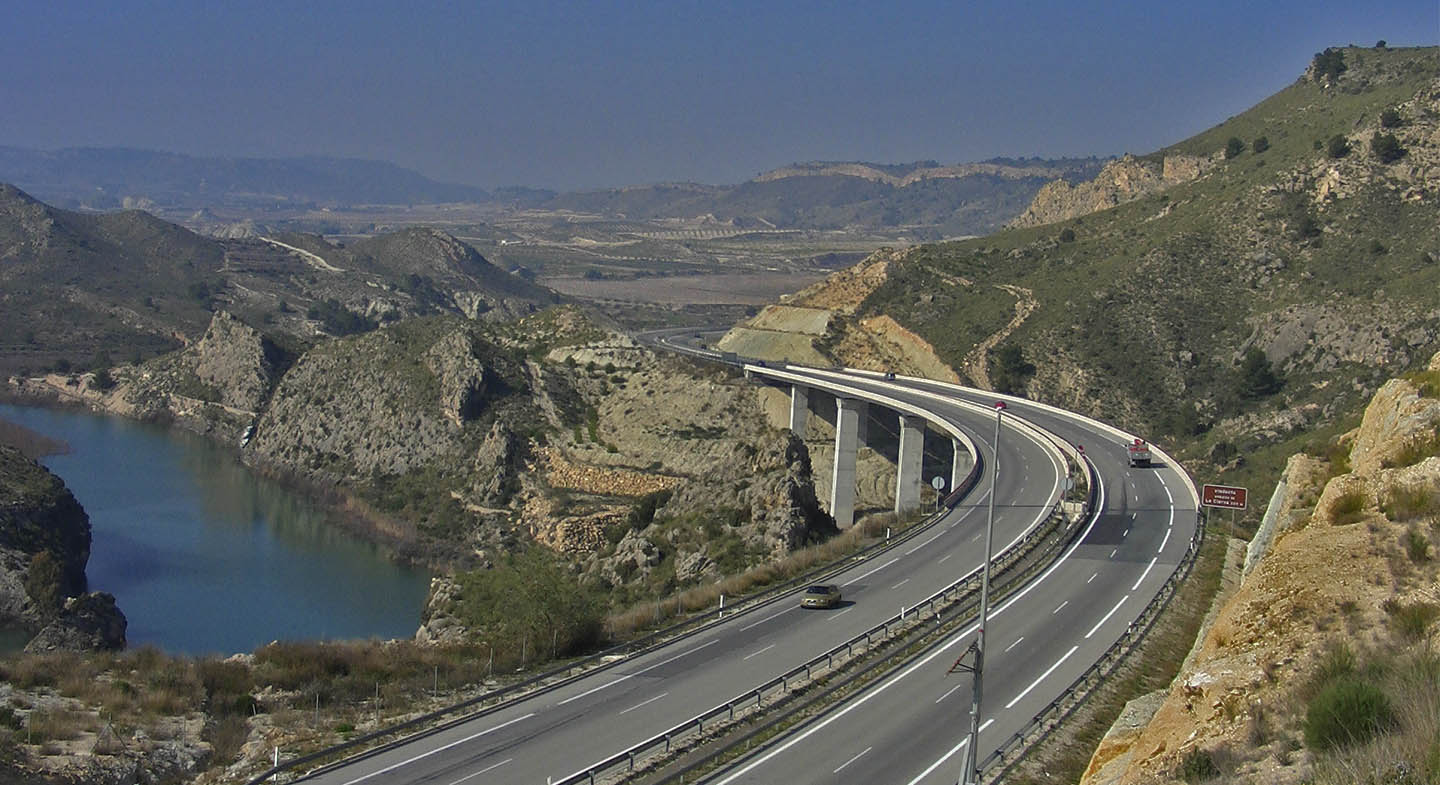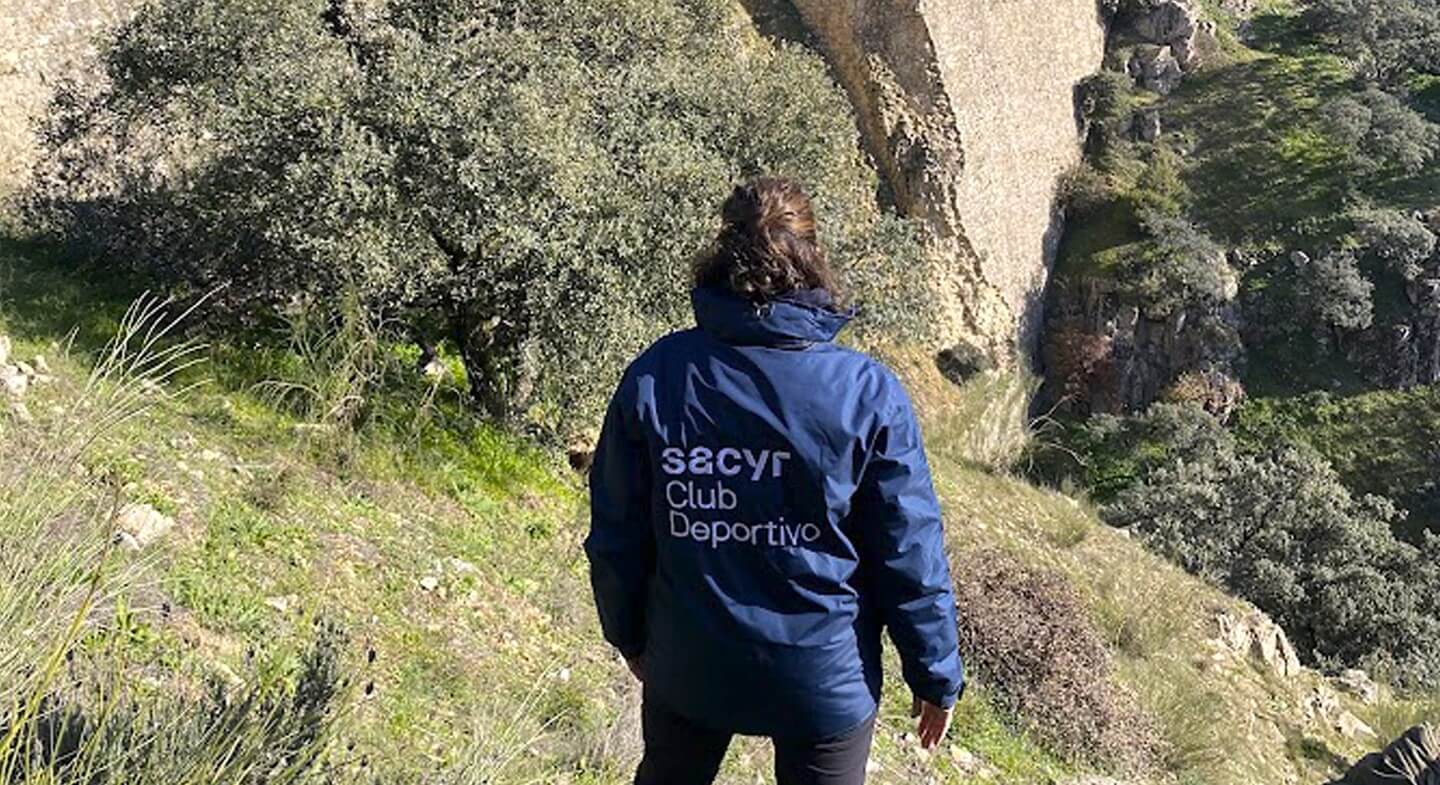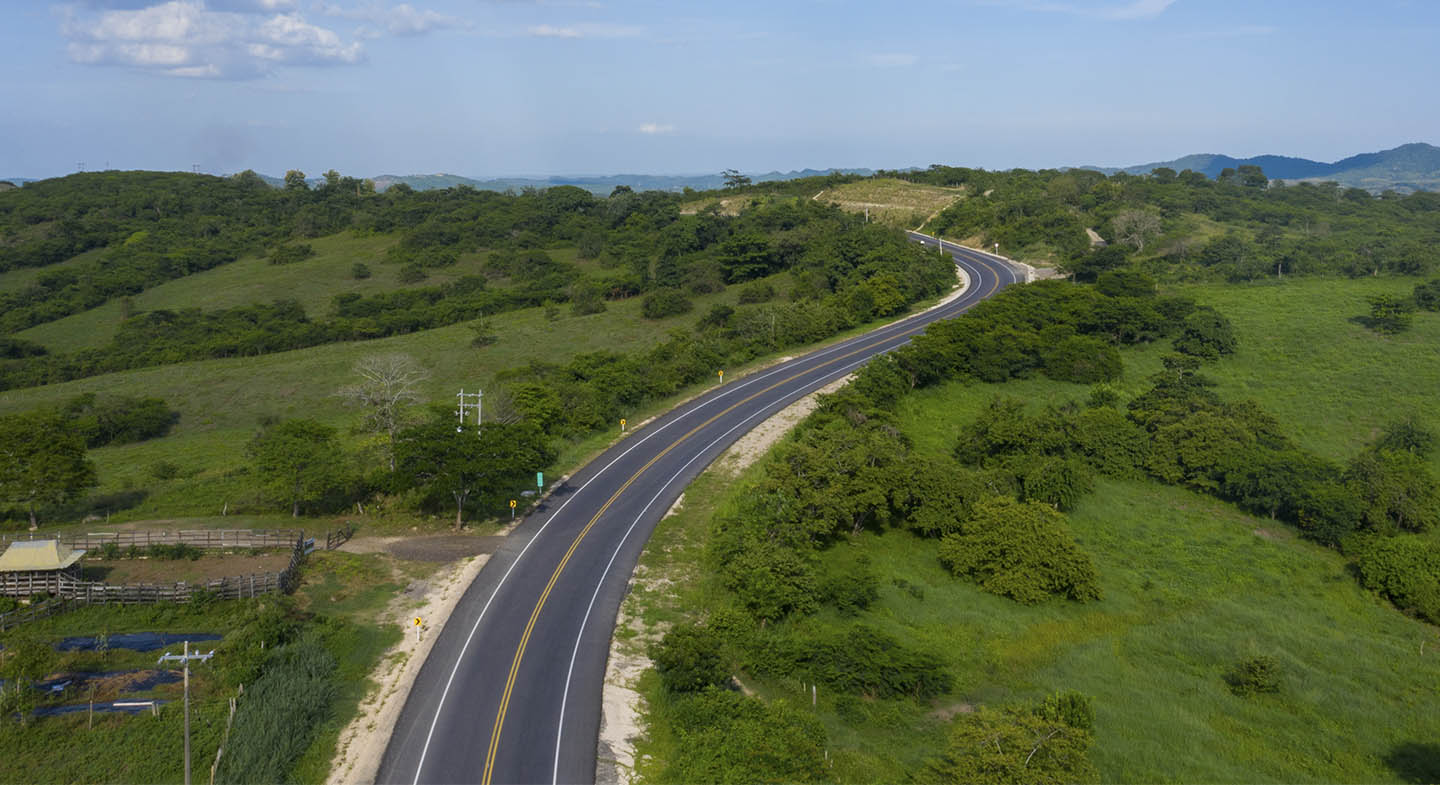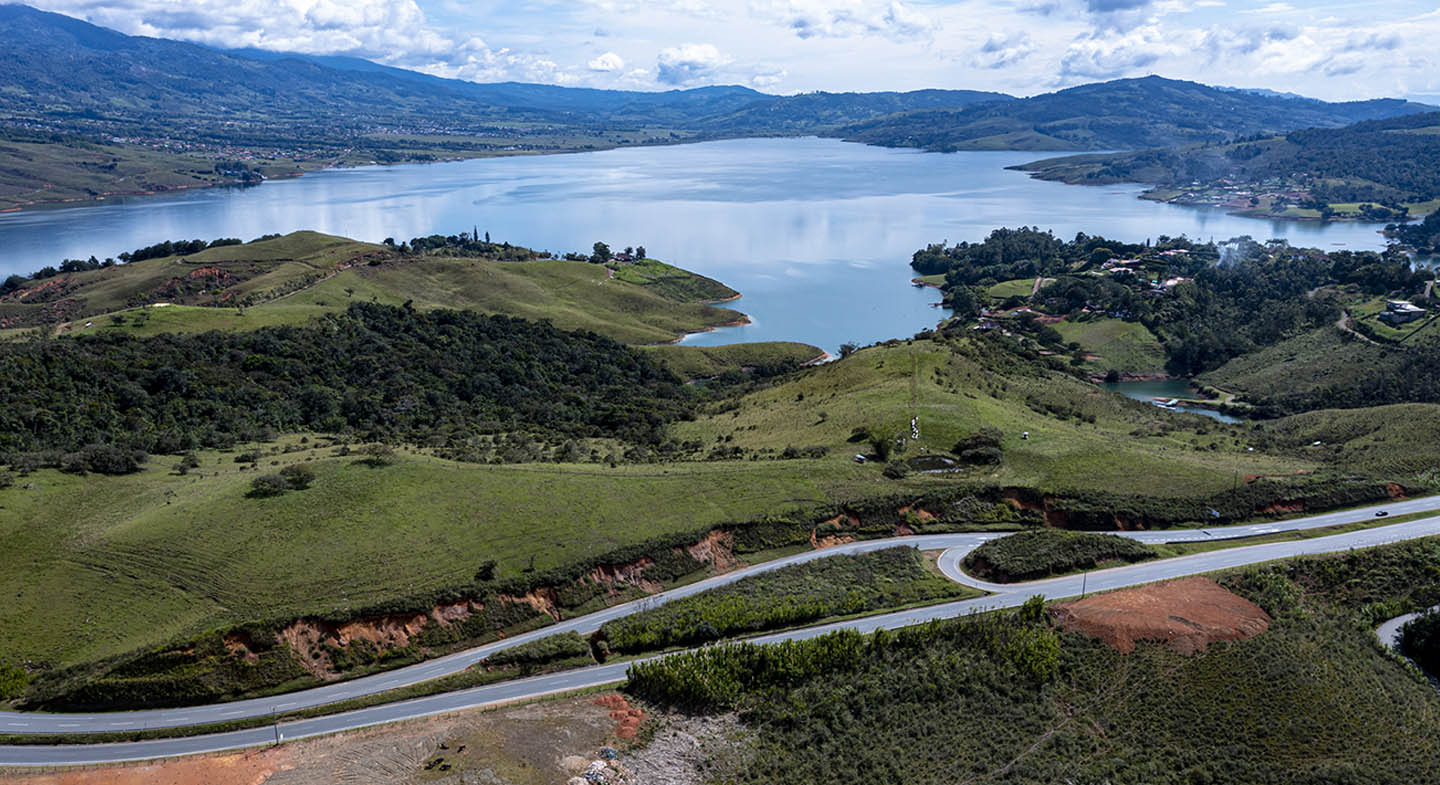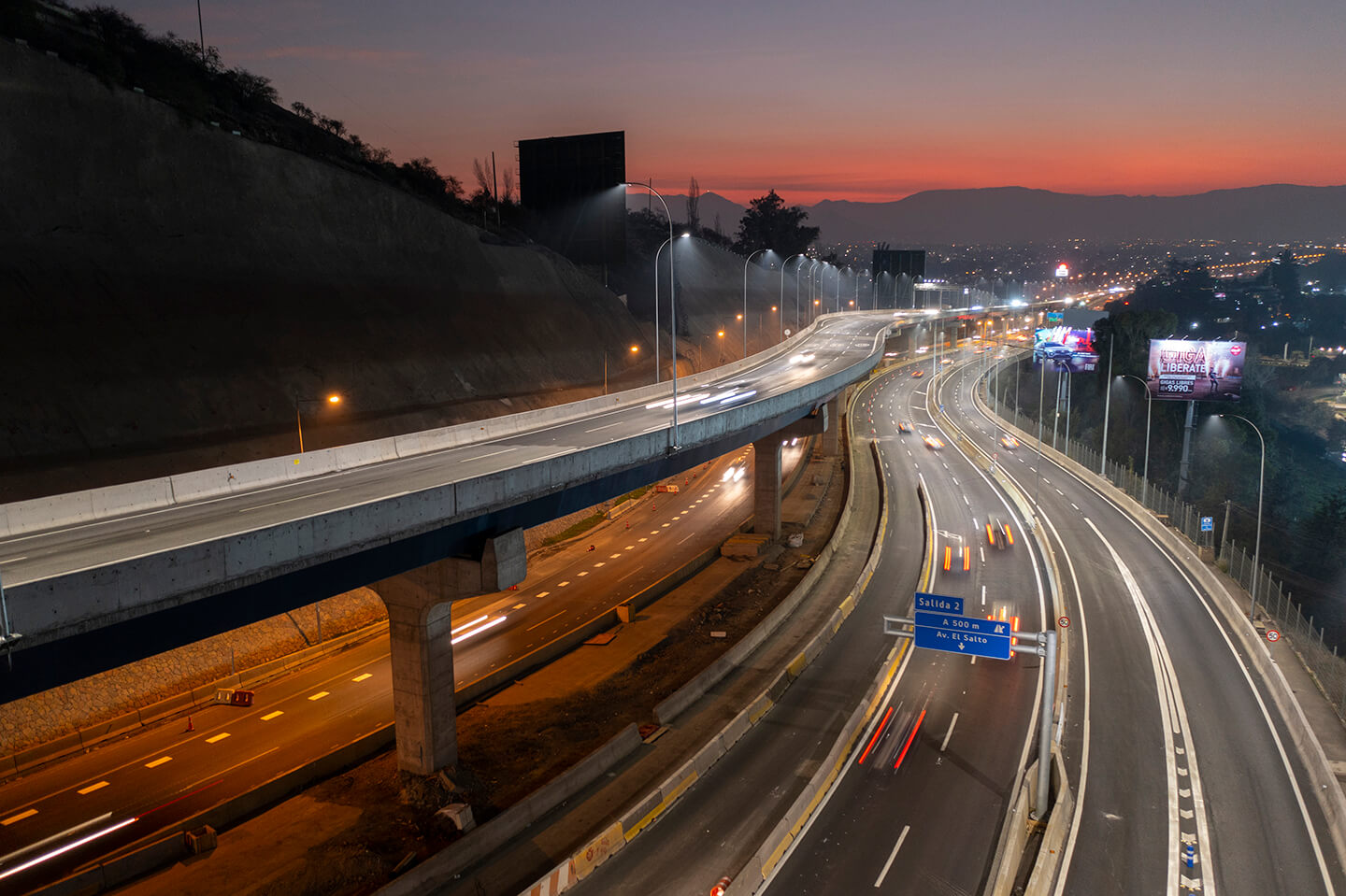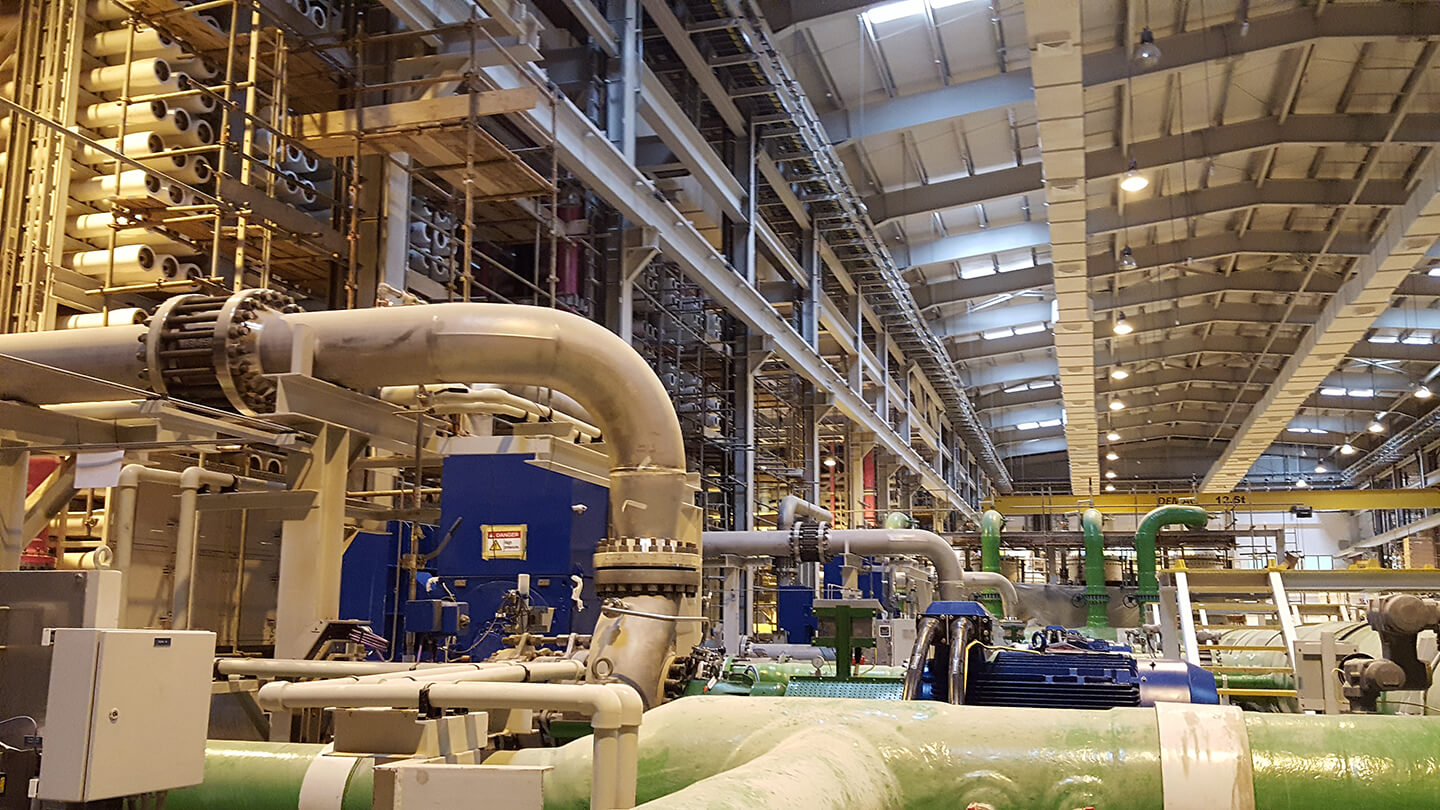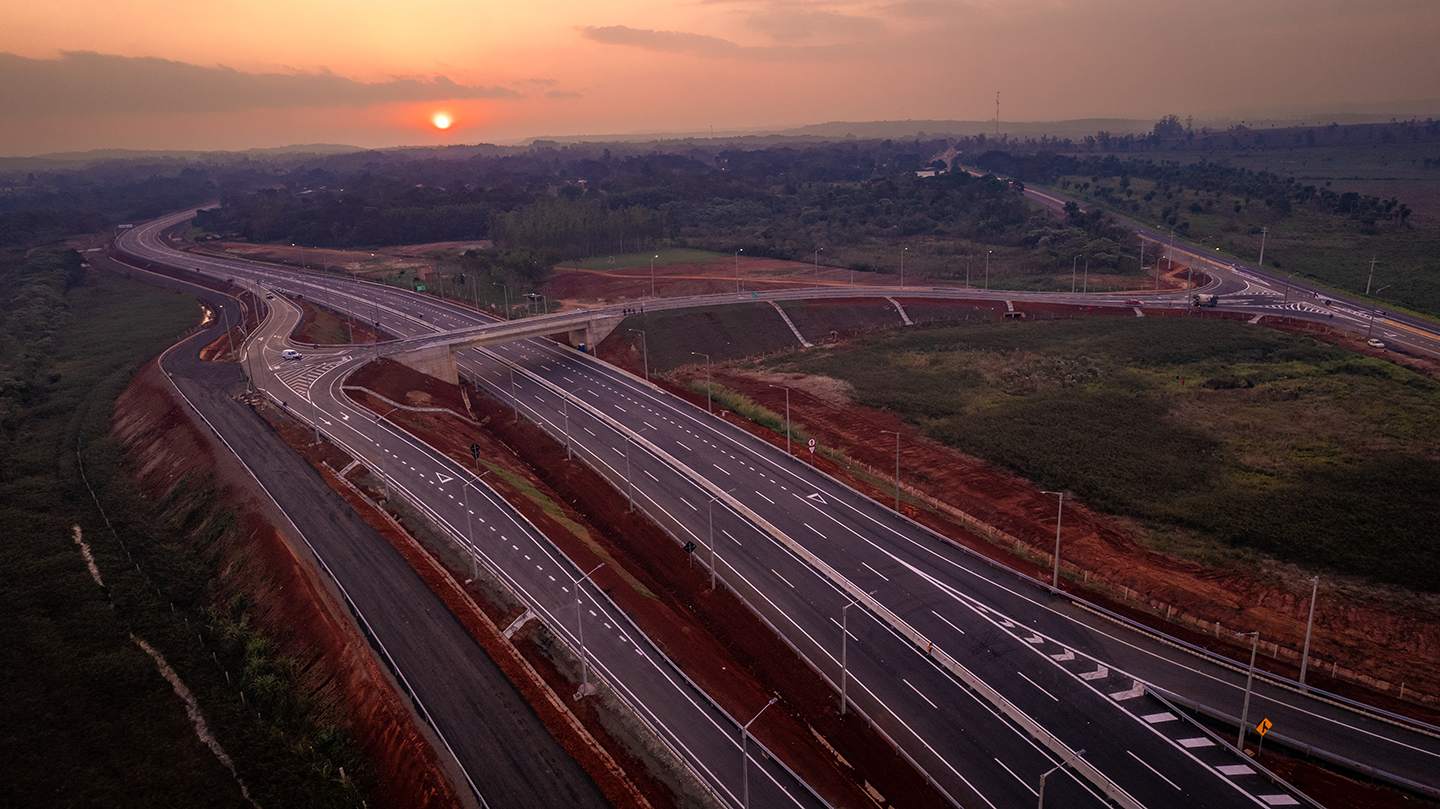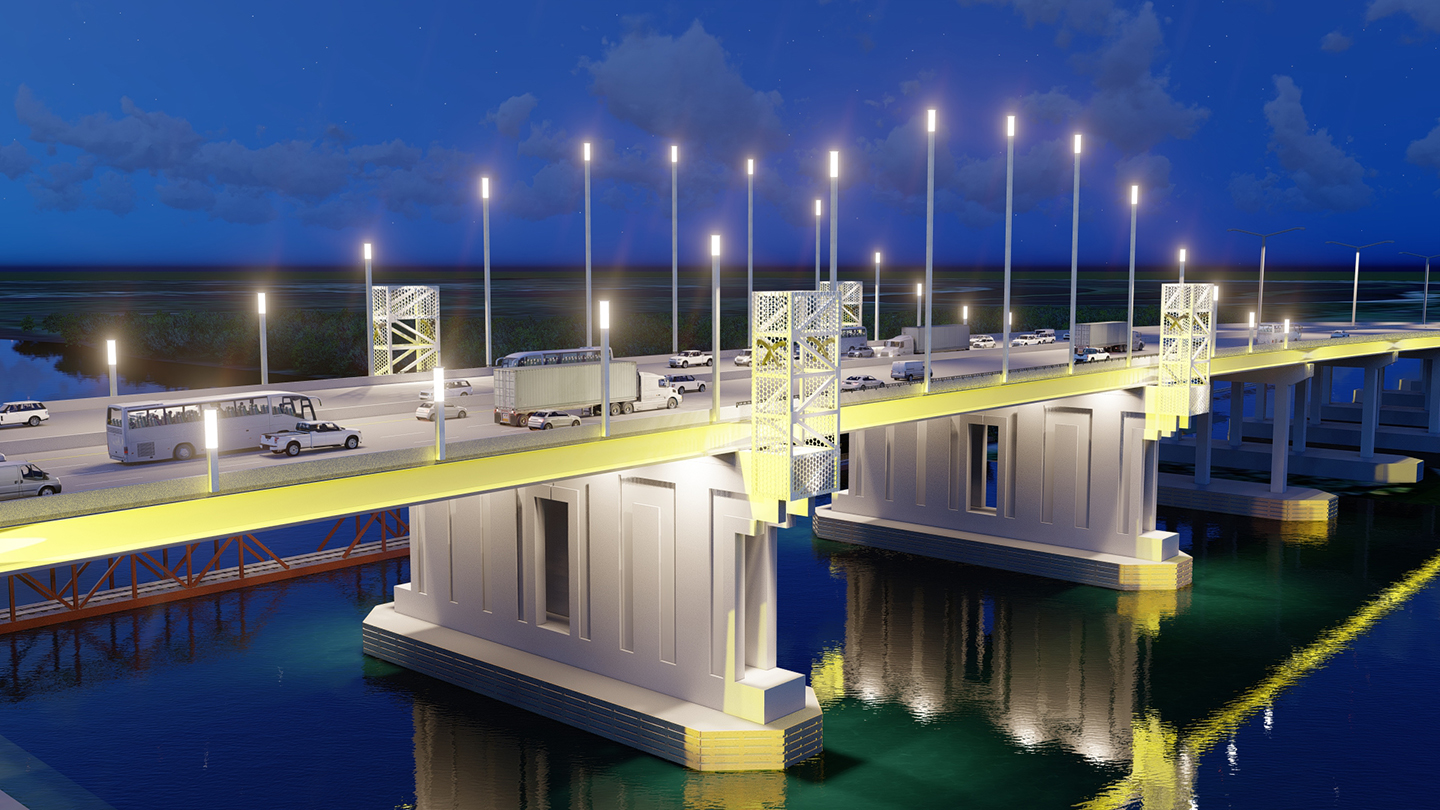horas de promedio de formación por empleado
Sostenibilidad
Construimos desde hoy un futuro mejor
En Sacyr somos conscientes del rol que tenemos como impulsor del cambio en la sociedad por lo que la sostenibilidad es un pilar fundamental de nuestras actividades.
Enfocamos nuestra visión ASG a aquellas áreas en las que la organización puede generar mayores impactos en los ámbitos ambiental (economía circular, lucha contra el cambio climático, capital natural, agua, ciudades sostenibles), social (personas y comunidades) y de gobernanza (ética y derechos humanos, transparencia, innovación, finanzas sostenibles, gestión de riesgos).
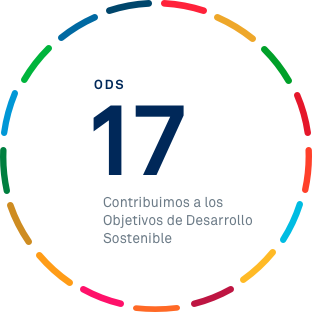
M€ en valor económico distribuido
de residuos reciclados, reutilizados y valorizados
de mujeres en posiciones de liderazgo
Innovación
Imaginamos soluciones
Damos forma a las ideas. Transformamos nuestro entorno con talento y energía. Fomentamos la cultura de la innovación y trabajamos con un modelo abierto para impulsar el cambio
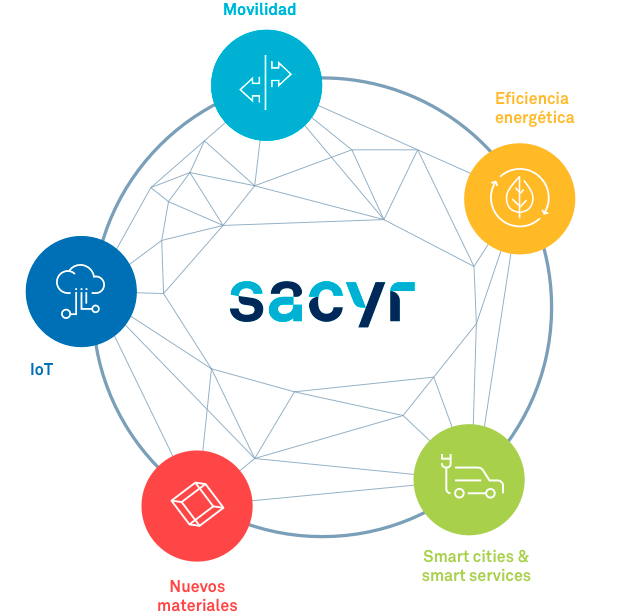

Desarrolla tu carrera en Sacyr
Las personas son la clave de nuestro éxito. Conoce nuestras coordenadas y súmate a nuestro equipo.
